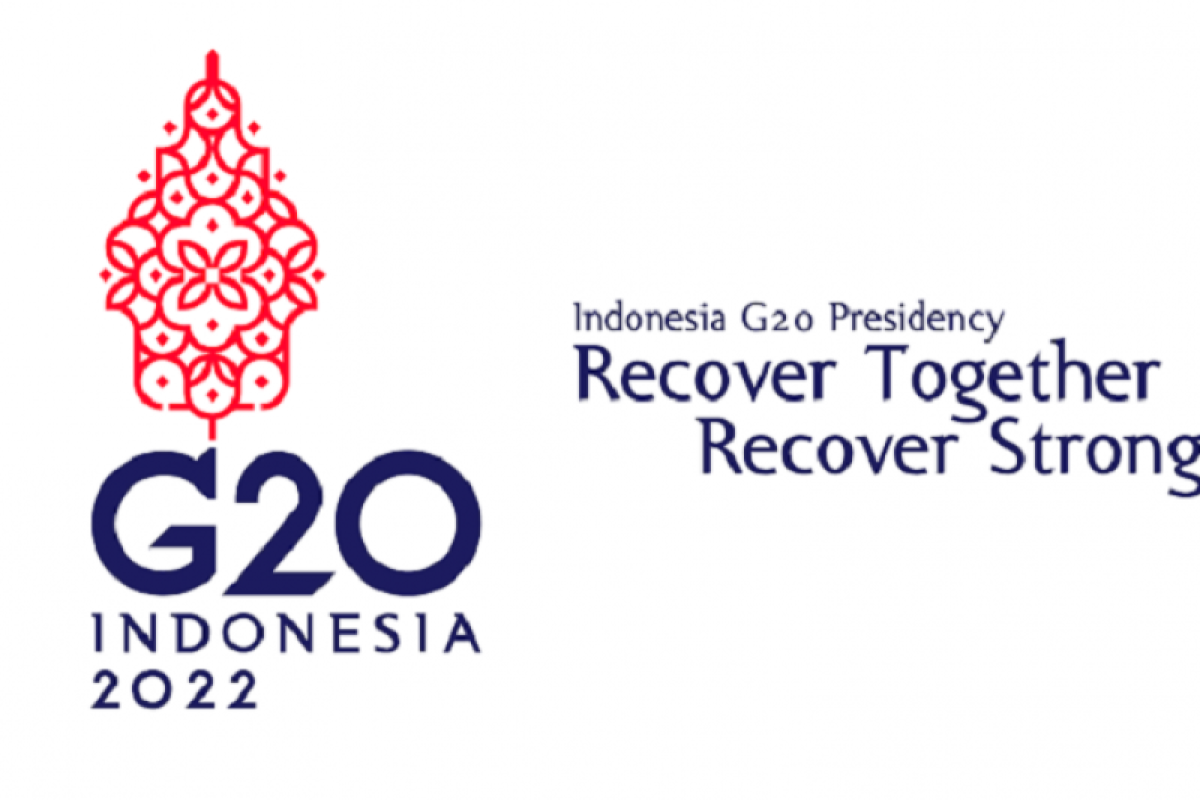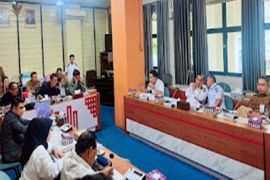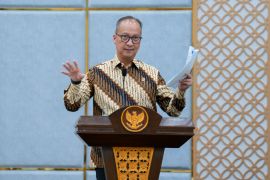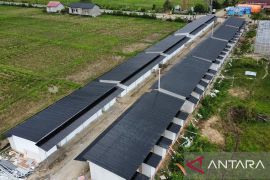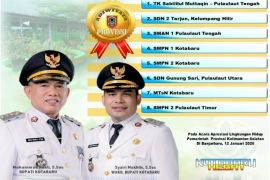The 1st Plenary Meeting of Global Partnership for Financial Inclusion (GPFI) was held virtually by Indonesia's G20 Presidency finance track -- Bank Indonesia and Finance Ministry -- on February 3-4 to discuss digitalization.
The meeting discussed the priority agendas of Indonesia's G20 Presidency in 2022, specifically ones that relate to the role of digitalization in improving Micro, Small, and Medium Enterprises' (MSMEs') financial inclusion and development.
Indonesia, along with Italy and Russia, as the co-chairs of GPFI, guided the meeting.
The GPFI 2022 agenda focuses on encouraging digitalization to increase the income of MSMEs and vulnerable groups as well as to introduce digital innovation and data harmonization.
The meeting also discussed the importance of identifying the most efficient approach and methodology to conduct data harmonization.
In general, every GPFI member agreed that data harmonization is crucial for the development of digital finance inclusion, and it is deemed to be expandable not just for G20 members but also for other nations.
Moreover, discussions at the GPFI meeting covered digital financial inclusion and consumer protection in supporting financial inclusion.
This is done, so that implementation of the G20 High-Level Principles for Digital Financial Inclusion framework is expanded by not only focusing on G20 countries but also on other nations.
The GPFI work program, under Indonesia's presidency in 2022, aligns with the G20 Financial Inclusion Action Plan 2020 that encompasses four primary products.
These products comprise implementation of the 2016 High-Level Principles on Digital Financial Inclusion framework and stocktaking report on financial products and MSMEs services beyond loan products.
Related news: Indonesia encourages ASEAN to support G20 agenda
In addition, the others comprise the regulatory diagnostic toolkit to strengthen MSMEs' access to digital finance service innovations and harmonization of MSMEs' data.
During the meeting, Executive Director of BI Erwin Haryono noted that strengthening the MSMEs database becomes one of the keys in developing products and finance services that are easy to access by MSMEs.
This will bolster the MSMEs sector and improve financial inclusion, as it will open various product options and finance services for MSMEs.
Haryono, through a statement on Saturday, while discussing MSMEs' financing, drew attention to a suggestion of analysis framework -- a regulatory diagnostic toolkit -- for digital finance services.
This aims to bolster MSMEs' access to digital finance services and products' innovation and determine the correct strategy to boost data and information collection on MSMEs.
Related news: Cross-sectoral collaboration to address three key issues at G20 DEWG


